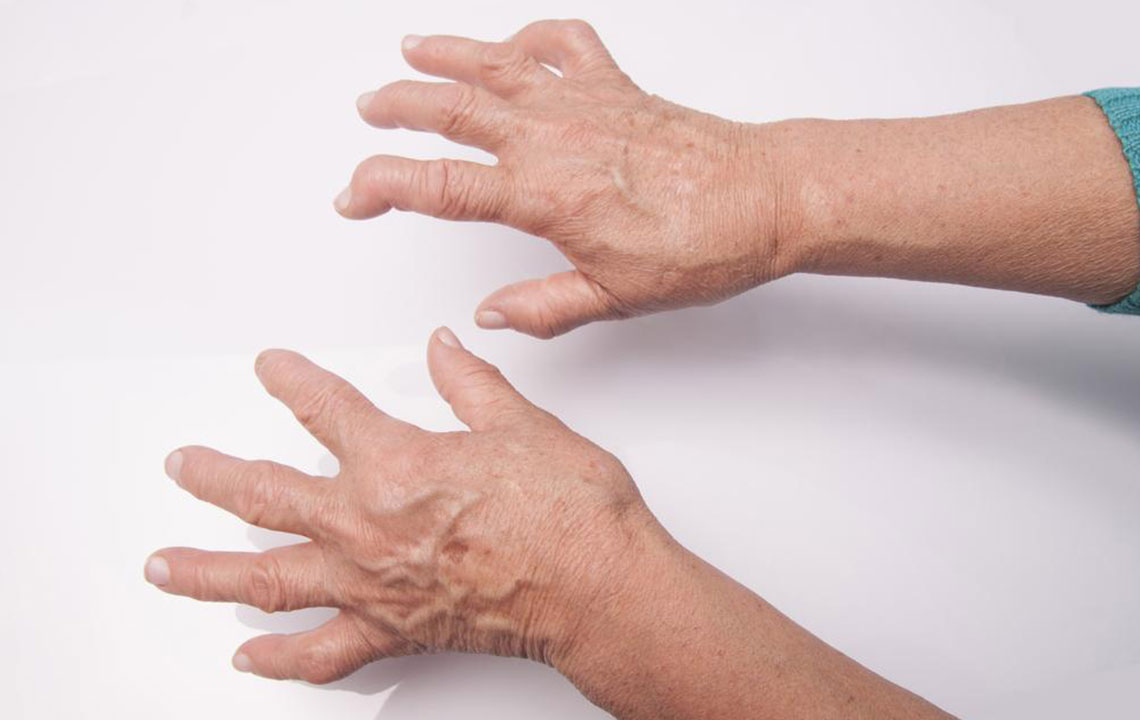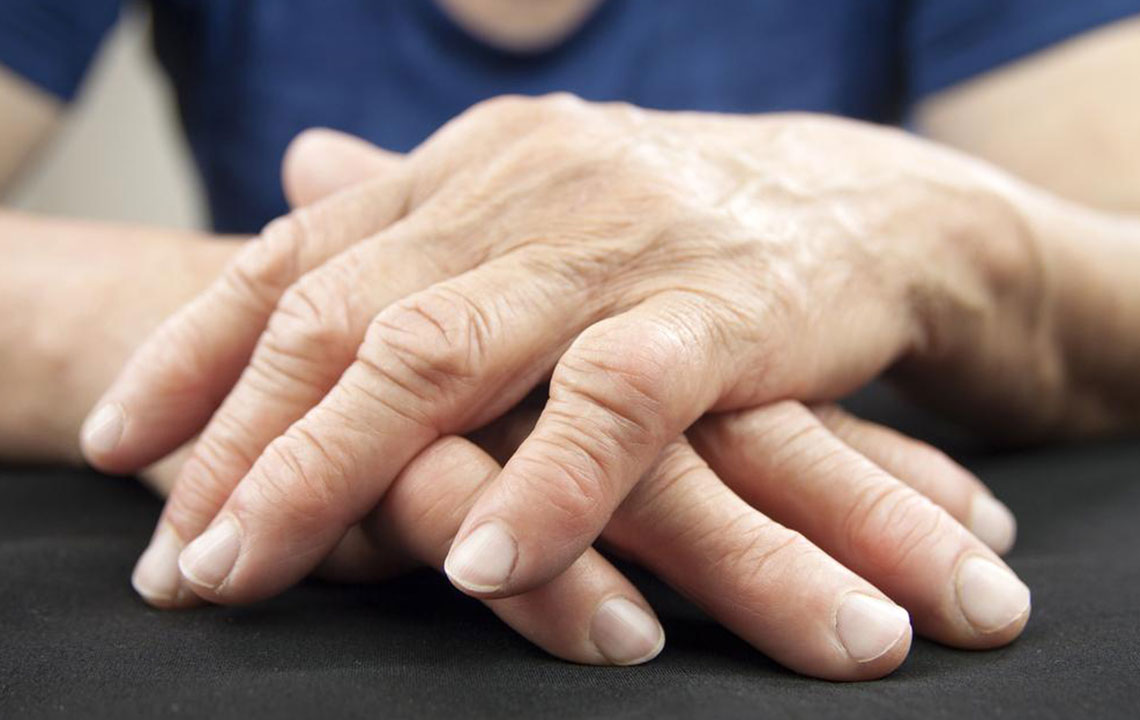Understanding Rheumatoid Arthritis and Strategies for a Healthy Life
Learn about rheumatoid arthritis, its symptoms, risk factors, and effective management strategies. Discover natural remedies, lifestyle tips, and dietary advice to help control inflammation and maintain joint health. Early diagnosis and treatment are essential for a better quality of life with RA.

Understanding Rheumatoid Arthritis and Strategies for a Healthy Life
Rheumatoid arthritis (RA) is a prevalent autoimmune disorder impacting millions nationwide. It involves the immune system attacking joint tissues, leading to inflammation, pain, and potential joint damage. The linings of the joints, known as synovium, become inflamed, often affecting both sides symmetrically—a key feature distinguishing RA from osteoarthritis. Early symptoms include tender, swollen joints, morning stiffness, fatigue, fever, and loss of appetite, mainly targeting smaller joints initially. As RA progresses, larger joints like knees and shoulders are affected, sometimes causing deformities.
Causes and Risk Factors
The disease results from immune system misfire targeting the synovium, damaging cartilage and bone over time. Although the precise cause remains unknown, risk factors include genetic predisposition, age, hormonal influences (more common in women), smoking, environmental exposures like silica or toxins, and obesity, especially in women under 55.
Managing Rheumatoid Arthritis
While there is no cure, various treatment approaches can control symptoms and prevent damage. Medications such as DMARDs, biologics, and Janus kinase inhibitors aim to reduce inflammation and slow disease progression. Pain relief options include NSAIDs, corticosteroids, acetaminophen, and opioids, though these come with side effects. In severe cases, surgery may be necessary to repair joint damage and restore function.
Lifestyle and Natural Remedies
Incorporating lifestyle changes can complement medication. Adequate sleep improves pain sensitivity and mobility, while yoga and gentle exercises like hydrotherapy, tai chi, walking, and biking enhance joint flexibility and reduce stiffness. Regular massage and heat or cold therapy can soothe symptoms. Nutritional strategies include consuming anti-inflammatory foods rich in omega-3s, antioxidants, fiber, and flavonoids. Dietary patterns like the Mediterranean and paleo diets may help reduce inflammation. Avoiding processed foods, sugar, fried items, red meat, and dairy can further support health.
Consult a healthcare professional before starting any new treatment or diet plan to ensure it suits your individual needs. Early diagnosis and treatment are crucial for managing RA effectively and maintaining quality of life.










